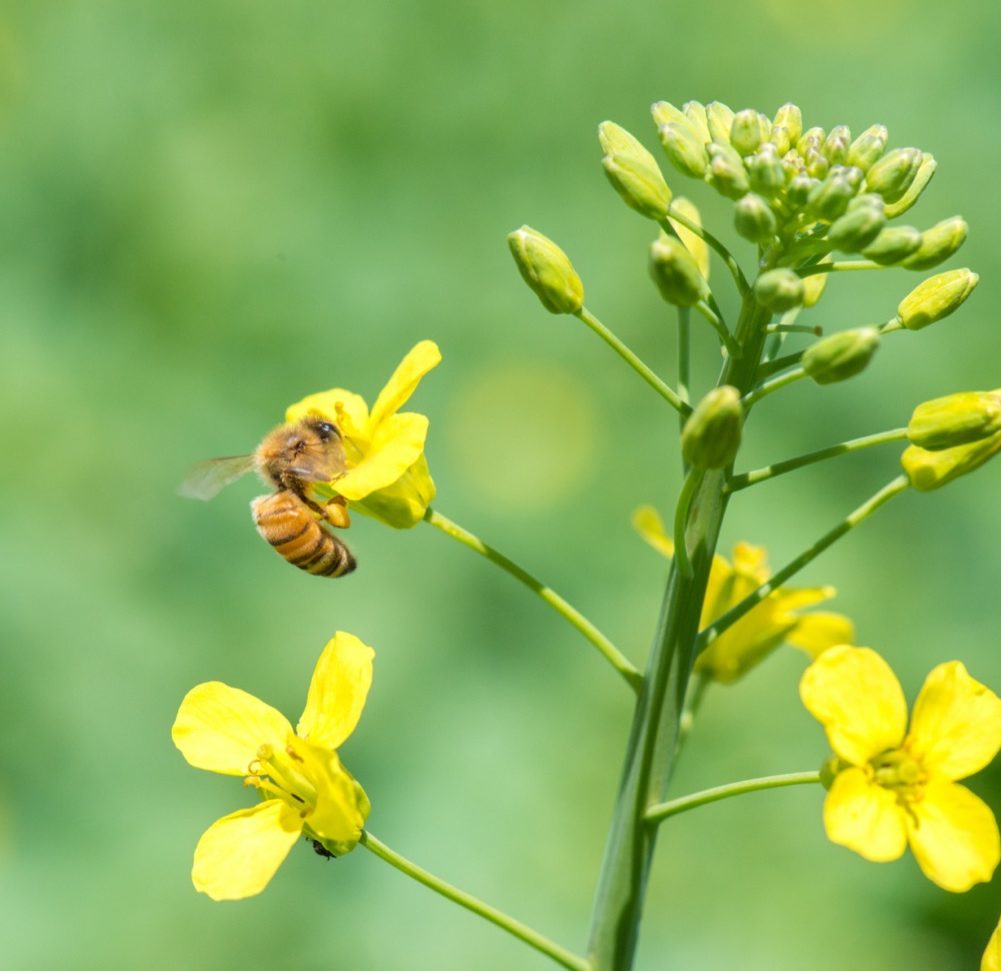
Team Alberta Crops 2023 Election Priorities
Team Alberta Crops represents a working collaboration between eight of Alberta’s crop commissions that include Alberta Barley, Alberta Beekeepers Commission, Alberta Canola, Alberta Pulse Growers, Alberta-British Columbia Seed Growers, Alberta Wheat Commission and the Potato Growers of Alberta. Collectively we represent 30 per cent of all crop and honey production in Canada.
The agriculture sector faces regular pressure from natural forces, geopolitical situations and domestic policy choices. As we approach the 2023 election, our grass-roots governed collaboration representing approximately 45,000 farms and over $10 billion in farm cash receipts has created this document to inform all candidates of the priorities key to enabling a sustainable and prosperous crop sector.
Our priorities are separated into the following four areas:
- Improved Market Access
- Reduced Regulatory Hurdles
- Competitiveness through Innovation
- Sustainability, Climate Change and the Carbon Tax
IMPROVED MARKET ACCESS
Alberta farmers are responsible for producing 30% of all crop and honey production in Canada. Alberta can create thousands of jobs and support billions more in economic activity by expanding our market share domestically and internationally for raw and finished agricultural products.
Ask:
Work with federal, provincial, and territorial governments to reduce barriers to trade, open new markets and attract new customers for Alberta’s agricultural projects.
Continue to reduce barriers and attract investment of value-added processing for Alberta’s agricultural projects.

REDUCED REGULATORY HURDLES
The Business Risk Management (BRM) programs farmers rely on to manage risk and sustain their operations through challenging times (e.g. crop insurance) are administered through the Sustainable Canadian Agricultural Partnership (SCAP)
Ask:
Work with provincial and federal counterparts to ensure BRM programs remain effective through their ability to recognize the necessary variability in farmer practices and that they remain free from any environmental cross-compliance measures that further increase red-tape and erode program efficacy.

SUSTAINABILITY, CLIMATE CHANGE, AND THE CARBON TAX
Whether it is using nitrogen-based fertilizers and heavy machinery, extracting honey or the growing and harvesting of millions of acres of carbon sequestering land, the crop sector plays a key role in society’s goal of reducing greenhouse gas emissions.
The industry has already greatly reduced GHG emissions, and the government has yet to recognize the agricultural industries’ contributions to mitigating climate change. Furthermore, industry is required to increase production with fewer resources.
Ask:
Assist in Public Trust, recognizing regional and crop specific practices, use financial incentives to promote the adoption of beneficial management practices to reduce emissions. Reduce land-use conflict through land use frameworks and continue to increase plastics recycling.

COMPETITIVENESS THROUGH INNOVATION
Ongoing reductions in the operating budget to Alberta Agriculture and Irrigation (AGI) has reduced the department’s capacity to support the agriculture industry.
Ask:
Invest in research and extension, support data in agriculture and ag-related training/education.

FEDERAL ADVOCACY SUPPORT
The Government of Alberta plays a key role in representing the interests of Alberta farmers at the federal level.
Ask:
The province continues to advocate alongside farmers against the 30% fertilizer emission target, adequate funding is needed for research and development to meet the arbitrary targets. Apply pressure to reverse the Pest Management Regulatory Agency (PMRA) decision to eliminate animal feed treated with Lambda-cyhalothrin and ensure the PMRA transformation agenda does not undermine the trust and reliability of a scientific-based regulatory review.

REPLACEMENT BEE STOCK
Alberta beekeepers saw colony losses between 20-80% and urgently need to rebuild their numbers.
Ask:
The Government of Alberta continues to work with the federal government and other provinces for approval to access bee stock from the approved safe zone in northern California.

GET INVOLVED
Join us in calling on your party leaders to incorporate our priorities in their platform priorities! Download and share the above priority cards and help Alberta’s agriculture sector.
#TeamABCropsElections